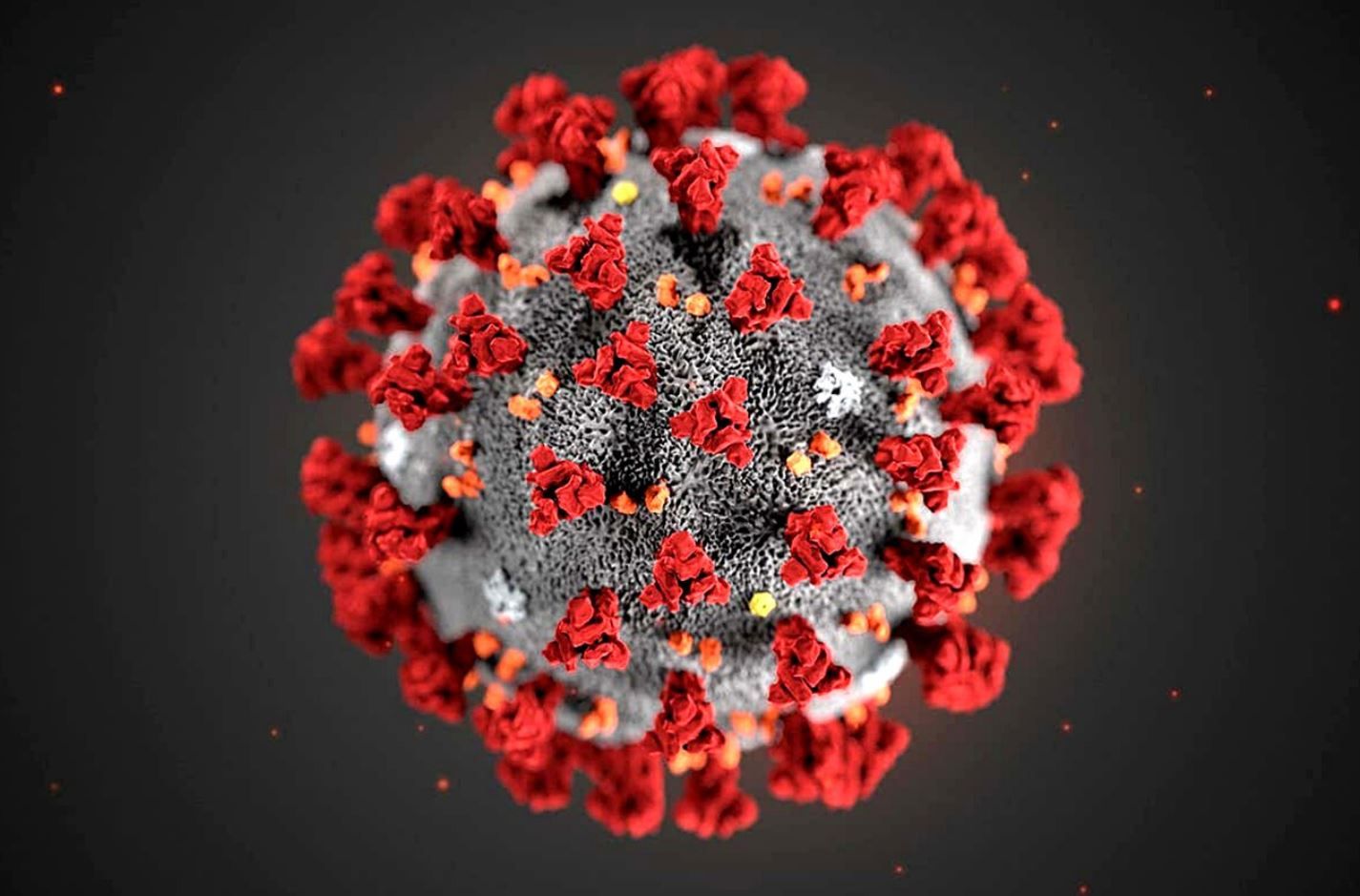In a press conference this afternoon, minister of health Magnus Heunicke announced new restrictions in eighteen municipalities. The areas impacted are Copenhagen, fifteen municipalities in the Copenhagen metropolitan area, and Odense.
Change again
Later opening times, introduced just three weeks ago, have been reversed and the size of gatherings reduced. In the affected areas, bars and restaurants must once again close no later than midnight and the public gathering limit has been halved to fifty.
The planned introduction of increased spectator numbers at Superliga games has also been postponed by two weeks, and comes alongside recommendations that all social events in schools and universities be cancelled.
Worrying trends
These new measures follow from a troubling recent increase in infection rates, with more than a thousand new cases in the last week – the highest rate of infection since the end of April.
Copenhagen currently has 40 infections per 100,000 residents and Odense 60.7, with new cases being concentrated in younger people.
Fear and trembling
In the press conference, Heunicke admitted that he was “worried” and that the implementation of new restrictions showed that the fight against coronavirus was going “the wrong way”.
Meanwhile, the mayor of Copenhagen called for action to reach out to young people, reminding them that not only are they at risk of serious health implications but that they risk infecting their elders.
Despite these worrying signs, Heunicke asserts that these new restrictions simply represent a case of “early intervention”.















